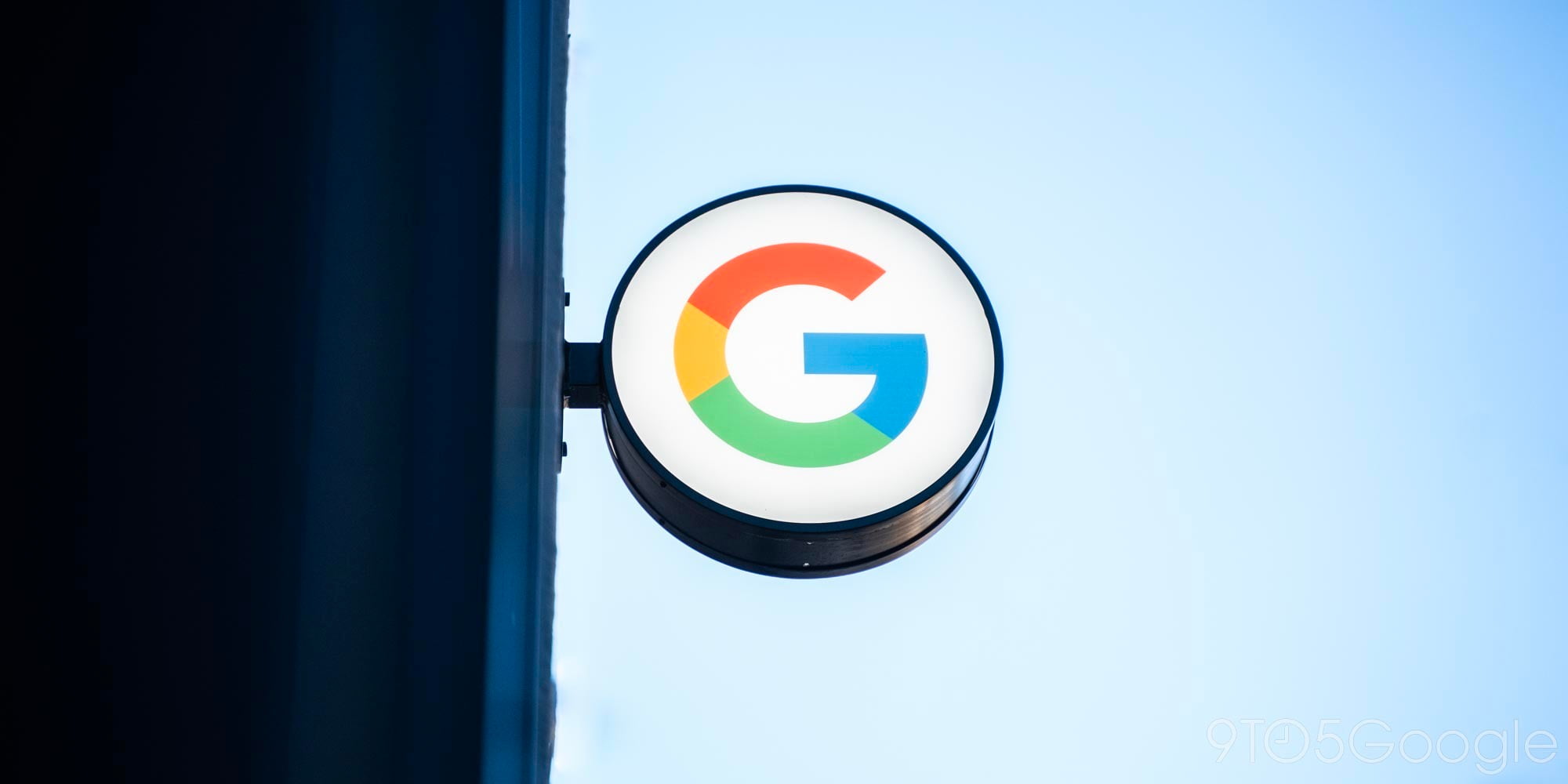Google reaches $19 million settlement with FTC over unauthorized in-app purchases by children

 An ongoing investigation conducted by the U.S. Federal Trade Commission that has accused Google — and other major tech companies — of making it too easy for children to make in-app purchases is finally set to come to a close for the Mountain View-based company.
An ongoing investigation conducted by the U.S. Federal Trade Commission that has accused Google — and other major tech companies — of making it too easy for children to make in-app purchases is finally set to come to a close for the Mountain View-based company.
Google has reached a settlement with the FTC that will see it pay out at least $19 million to parents billed for unauthorized in-app purchases by children. The FTC order also requires Google to change its mobile app billing practices to ensure that parental consent is properly obtained before charges are applied.
Expand
Expanding
Close
